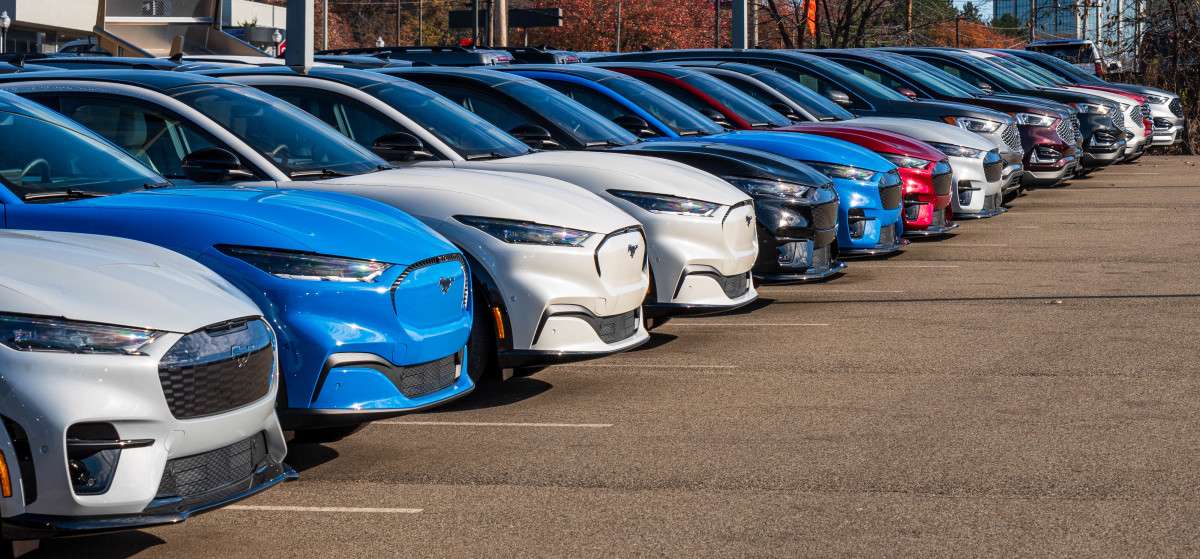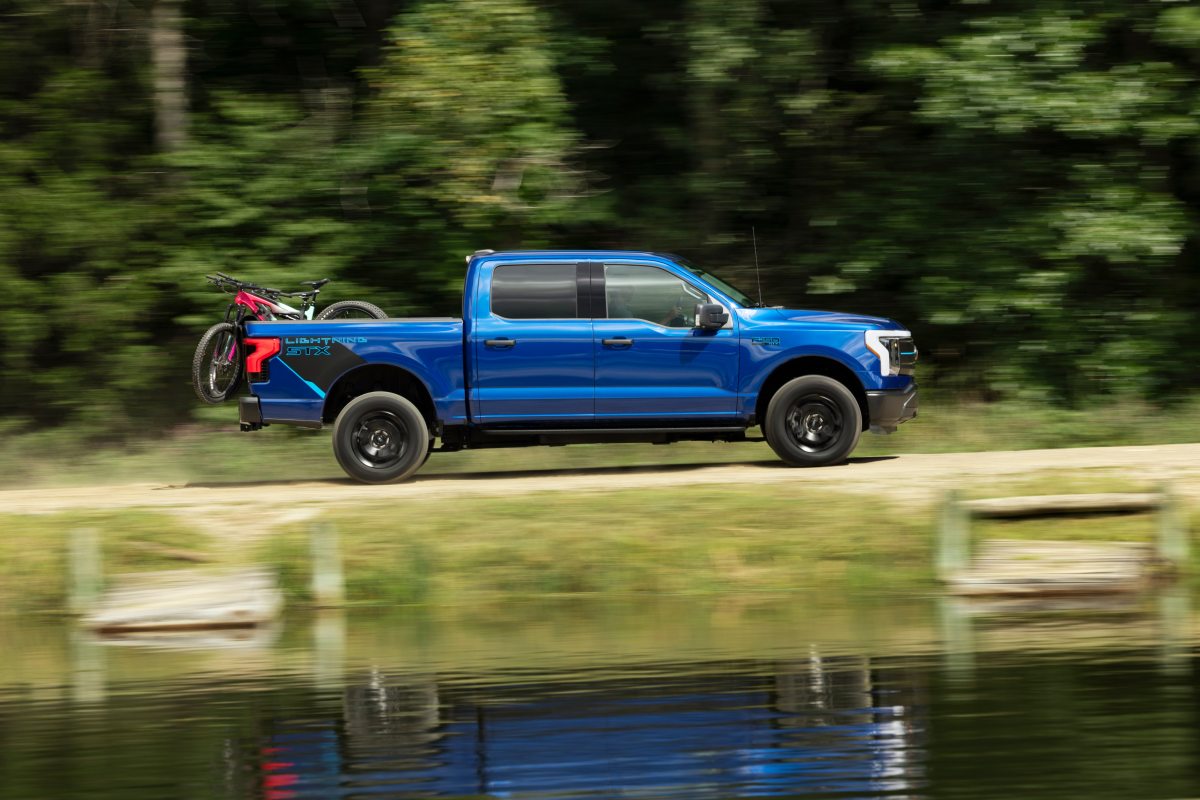Ford's CEO, Jim Farley, says he's expecting the company to lose half of consumer demand for EVs now that the federal EV tax credit has expired. Farley told CNBC he "wouldn't be surprised" if sales of EVs plummeted from around 10 to 12 percent market share to around 5% now that the incentives have expired as part of a new Trump Administration directive.
"Vibrant," But "Smaller," Says Farley

"I think it’s going to be a vibrant industry, but it’s going to be smaller, way smaller than we thought, especially with the policy change in the tailpipe emissions, plus the $7,500 consumer incentive going away," Farley told CNBC at a company event. "We’re going to find out in a month. I wouldn’t be surprised that the EV sales in the U.S. go down to 5%." Unsurprisingly, the CEO expects that hybrids will pick up some slack. Consumers have proven to be more willing to accept vehicles that are partially electrified, and their sales tend to be stronger than those of fully electric vehicles.

The end of federal incentives under Trump's One Big Beautiful Bill Act means uncertainty in the industry, and automakers are left with manufacturing facilities intended to fill demand that has dwindled rapidly. Farley says the company will have to figure out what to do with Ford battery plants and EV capacity: "We’ll fill them, but it will be more stress, because we had a four-year predictable policy. Now the policy changed. … We all have to make adjustments, and it’s going to be good for the country, I believe, but it will be one more stress."
In the meantime, Ford has figured out how to extend discounts to customers by buying up its own vehicles (with the tax credit included) before selling them back to dealers and allowing those retailers to, in turn, lease them to customers. It factors in the $7,500 credit over the term of a buyer's lease, and in part, extends the incentive a little. Other automakers are working to find similar workarounds as they are faced with slowing demand for EVs.


